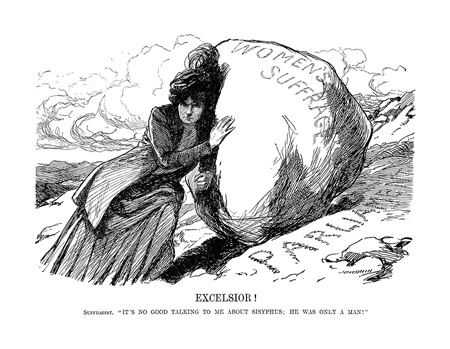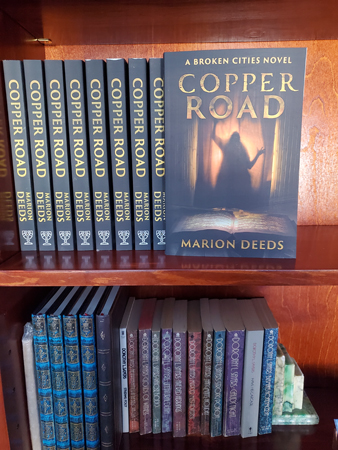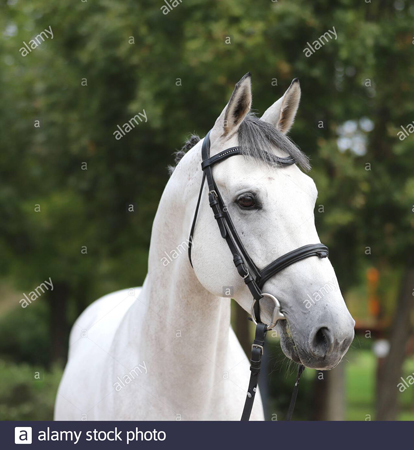Soulstar, the third book in C.L. Polk’s fantasy trilogy, is out now. The books are a beautiful mass market paperback set, with themed covers. With in those covers Polk introduces us to a complex, believable world, a world in the midst of transition. Each book is narrated by a different character in Aeland’s capital city of Kingston, and each story unveils a different facet of society.
The first book, Witchmark, Miles, an army doctor suffering from PDST. Miles has more than just the trauma of war to deal with; he has spent his life hiding his magical abilities–and the last several years hiding his identity. Miles is the son of a powerful politician, and his sister, Grace, is one of the Royal Knights, a secret society who use magic to head off the devastating storms that would otherwise ravage Aeland. Every member of the Knights has a “second;” a magical person tethered to them and used like a battery. Miles changed his name and fled his home to avoid being tethered to Grace. As the book opens, a member of the fae-like Amaranthine people has approached him and asked him to help solve the mystery of the “accidental” death of an apparent vagrant. Before Miles can fully investigate, Grace finds him. Miles soon realizes that the death is part of a much larger state secret, a terrible one, and he must also expose a sneak attack by the enemies Aeland thought they defeated in the recent war. He is hindered by his brilliant sister, who betrays him over and over again.
Stormsong is narrated by Grace. Like Miles, Grace has faced the truth about the source of energy their country thrives on, and what that means for anyone gifted with magic. She is horrified, determined to make things right. Grace rises to a position of importance in the government, but even though she knows her villainous father’s part in the decades-long atrocity that literally powered the country, she wants to think the best of him, and keeps falling for his schemes. Can Grace grow up? Will she do the right thing even if it means a sacrifice of power and luxury–or even her freedom?
Stormsong was an interesting book for me, because by the end of Witchmark I detested Grace. Let me be clear; I didn’t dislike her as a character–I disliked her as a person. This is a testament to Polk’s characterization skills. I seriously wondered, going in, if Grace was ever going to win a second chance from me. Grace’s dilemma is real in a number of ways; it’s hard to divorce our feelings for family from their actual actions– and when we’re on the good side of the privilege rope, it’s hard to give up privilege, and so tempting to believe that systems are ultimately fair, just slightly corrupted, and that incremental change will be enough. Grace eventually won me over–and she lost a lot in the process.
Soulstar is the story of Robin Thorpe, who we met in Witchmark. Robin is a member of the Clans, a community where many people manifest magical ability and nearly all have been imprisoned “for the safety of the state.” The enslaved magical people are being forced to produce energy that feeds the power grid. When Soulstar opens, Grace, with the help of the Amaranthine, has forced the release of all the witches. It’s winter, the power grid is down and thousands of unjustly imprisoned people have been released into the city. Robin is reunited with her first love, and plans to quietly help a nascent political movement that seeks a democratic approach instead of a monarchy, but events thrust her into the spotlight, making her a leader and a target. And Christopher Hensley, Grace’s evil father, still influences the brash, power-hungry young king. Robin is beset by adversaries on all sides.
Polk’s trilogy is jam-packed with plot and exciting elements. The various communities are well-described. There are romantic or intimate conflicts in every book, there is physical and political danger, there is a looming question of how people will literally survive the winter with no heat. Book One took the form of the mystery novel, while Stormsong and Soulstar are more what I would consider political thrillers. In each book, Polk gets the ball rolling on page one. Her fluid prose makes these easy to read. The world is believable and the danger is real. I recommend the series.
-
Archives
- May 2024
- February 2023
- January 2023
- December 2022
- November 2022
- October 2022
- September 2022
- August 2022
- July 2022
- June 2022
- May 2022
- April 2022
- March 2022
- February 2022
- January 2022
- December 2021
- November 2021
- October 2021
- September 2021
- August 2021
- July 2021
- June 2021
- May 2021
- April 2021
- March 2021
- February 2021
- January 2021
- December 2020
- November 2020
- October 2020
- September 2020
- August 2020
- July 2020
- June 2020
- May 2020
- April 2020
- March 2020
- February 2020
- January 2020
- December 2019
- November 2019
- October 2019
- September 2019
- August 2019
- July 2019
- June 2019
- May 2019
- April 2019
- March 2019
- February 2019
- January 2019
- December 2018
- November 2018
- October 2018
- September 2018
- August 2018
- July 2018
- June 2018
- May 2018
- April 2018
- March 2018
- February 2018
- January 2018
- December 2017
- November 2017
- October 2017
- September 2017
- August 2017
- July 2017
- June 2017
- May 2017
- April 2017
- March 2017
- February 2017
- January 2017
- December 2016
- November 2016
- October 2016
- September 2016
- August 2016
- July 2016
- June 2016
- May 2016
- April 2016
- March 2016
- February 2016
- January 2016
- December 2015
- November 2015
- October 2015
- September 2015
- August 2015
- July 2015
- June 2015
- May 2015
- April 2015
- March 2015
- February 2015
- January 2015
- December 2014
- November 2014
- October 2014
- September 2014
- August 2014
- July 2014
- June 2014
- May 2014
- April 2014
- March 2014
- February 2014
- January 2014
- December 2013
- November 2013
- October 2013
- September 2013
- August 2013
- July 2013
- June 2013
- May 2013
- April 2013
- March 2013
- February 2013
- January 2013
- December 2012
- November 2012
- October 2012
- September 2012
- August 2012
- July 2012
- June 2012
- May 2012
- April 2012
- March 2012
- February 2012
- January 2012
- December 2011
- November 2011
- October 2011
- September 2011
- August 2011
- July 2011
- June 2011
- May 2011
- April 2011
- March 2011
- February 2011
- January 2011
- December 2010
- November 2010
- October 2010
- September 2010
- August 2010
- July 2010
- June 2010
- May 2010
- April 2010
- March 2010
- February 2010
- January 2010
- December 2009
- November 2009
- October 2009
- September 2009
- August 2009
- July 2009
- June 2009
- May 2009
- April 2009
- March 2009
- February 2009
- January 2009
- December 2008
- November 2008
- October 2008
- September 2008
- August 2008
- July 2008
- June 2008
- May 2008
- April 2008
- March 2008
-
Meta



